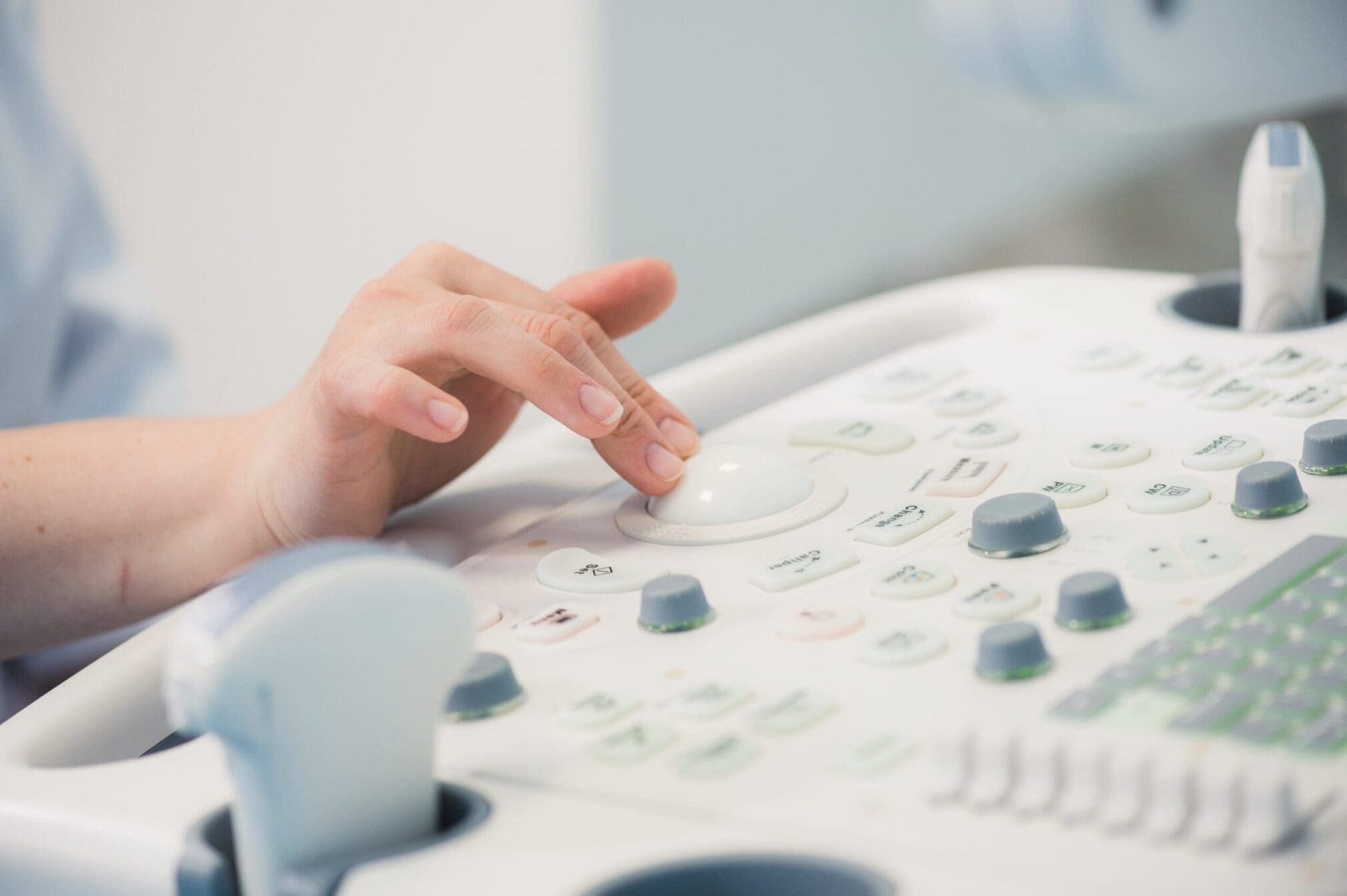On the 5th of April 2017 two New Regulations concerning medical devices were adopted by the European Parliament. They will replace current Medical Devices Directive 93/42/EEC and In-Vitro Diagnostic Directive 98/79/EC.
Transition period
The transition from the directive to the regulation is a very big step for all the EU countries. It allows all Member States to harmonize their laws on Medical Devices and In-Vitro Diagnostic Devices. As all legislative acts, New Regulations will enter into force after vacatio legis (transition period), during which all Member States should prepare for the new procedures and requirements. One of the crucial points, both from the perspective of the Manufacturers and the European Authorized Representatives, is the so called “no grandfathering’’ rule.
What does ‘no grandfathering’ rule imply?
- All devices which are currently on the market will need to comply with the new regulations by the end of transition period.
- It will require new conformity assessments, under new rules for all devices currently circulating within the European Union.
Therefore, the manufacturers of the devices falling under the scope of the new Medical Devices Regulation will have to comply with new legislation until 25th May 2021, when the transition period will end. As far as In-Vitro Diagnostics Devices are concerned, the manufacturers will have to ensure the compliance of their products until 25th May 2022. Even though it may seem that there is still a lot of time to comply with the new legislation, given the number of products and new requirements, all the manufacturers are highly recommended to start preparing for the transition as soon as possible in order to meet all the goals set out in the New Regulations.
If you wish to know more about changes brought about by New MDR & IVDR, please do not hesitate to contact us. Obelis Expert Consultants, having nearly 30 years of experience with EU Regulations, will gladly answer any questions you may have and will gladly assist you in safeguarding your products’ compliance.
Szymon Nowak-Rogozinski


